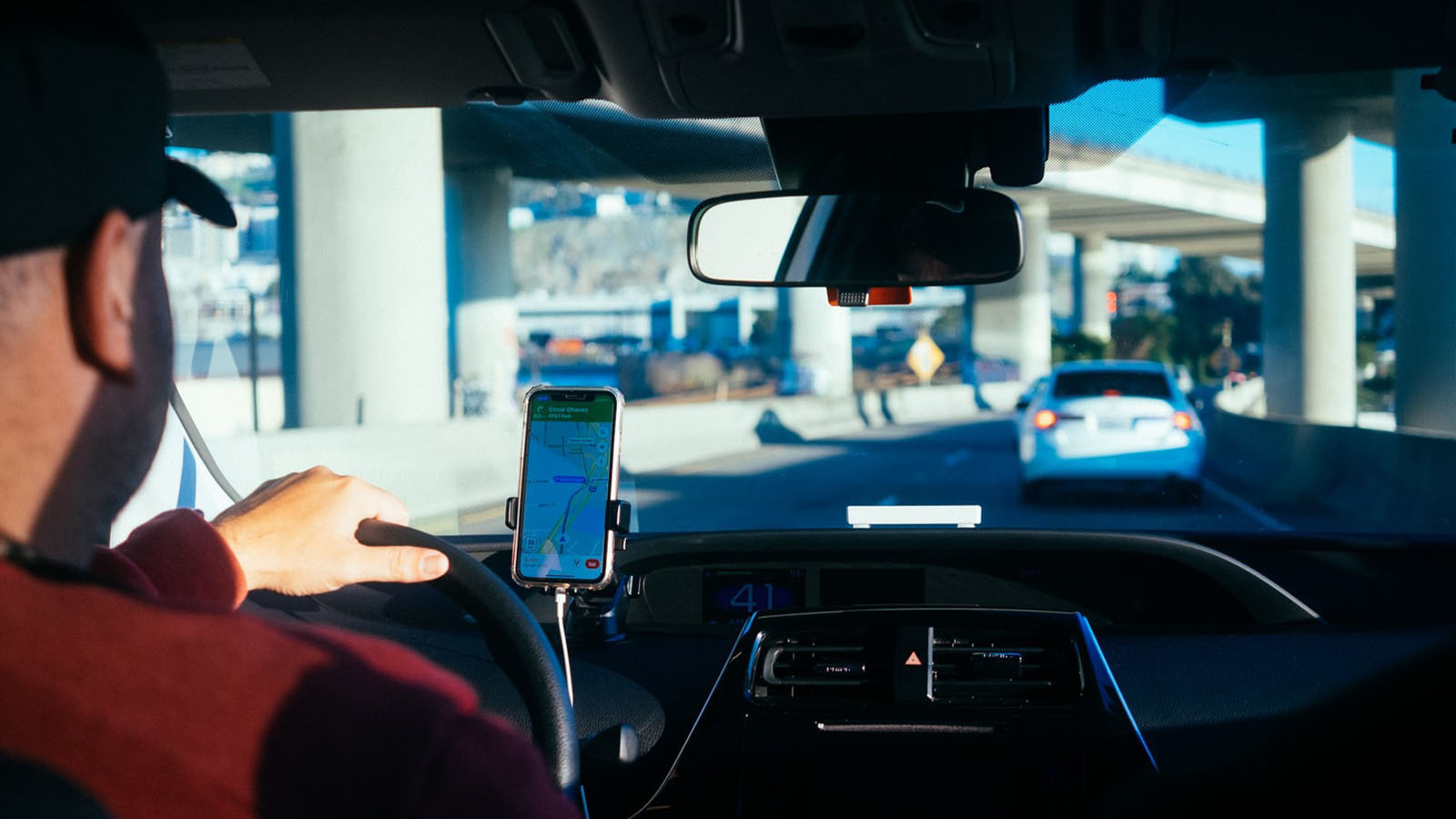Sponsored Content -- Gig economy work has been on the rise over the past several years, and one of the main reasons people turn to this type of work is that there are low entry barriers. This allows people to get a job without needing special skills.
One of these people is Lance Hutchingson, who is a full-time driver for Uber. He said he has been an entrepreneur all his life, but this is the perfect job for him now that he has retired.
“And when I retired, I got bored,” Hutchingson said. “You know, so this was flexible. I could do it when I wanted to do it, and I could."
The independence is a plus, too.
"I didn't have a boss and didn't have ... other annoying employees to deal with," he said.
According to a research article by Valeria Pulignano titled “Work and employment under the gig economy,” digital labor platforms allow for those looking for work to be better matched with skills and working conditions. The platforms allow for people to find employment despite challenges like lack of higher education or training, disabilities, family or prior commitments or being long-term unemployed or retired.
A report by Forbes said that 84% of full-time freelancers say their work lets them live the lifestyle they want, which is compared to 63% for full-time traditional workers. The report also said 42% of those surveyed said that due to life circumstances they would not be able to work a traditional job.
"And the extra money, obviously on a retiree's budget ... it is extremely nice," Hutchingson said.
The job also allows workers to have employment when otherwise they would not be able to. Prospective employees don't have to worry about scheduled hours, locations, set income or appearance.
Upwork reported that about 12% of the workforce in the U.S. began taking gig work during the pandemic with 75% saying it was for financial stability during the recession, and 54% saying it was out of necessity. During the pandemic traditional places of employment were closed, but gig work like delivery drivers and remote work continued.
A Gallup poll said that independent gig workers experience high levels of work-life balance, as well as flexibility, autonomy, meaningful feedback and creative freedom.

